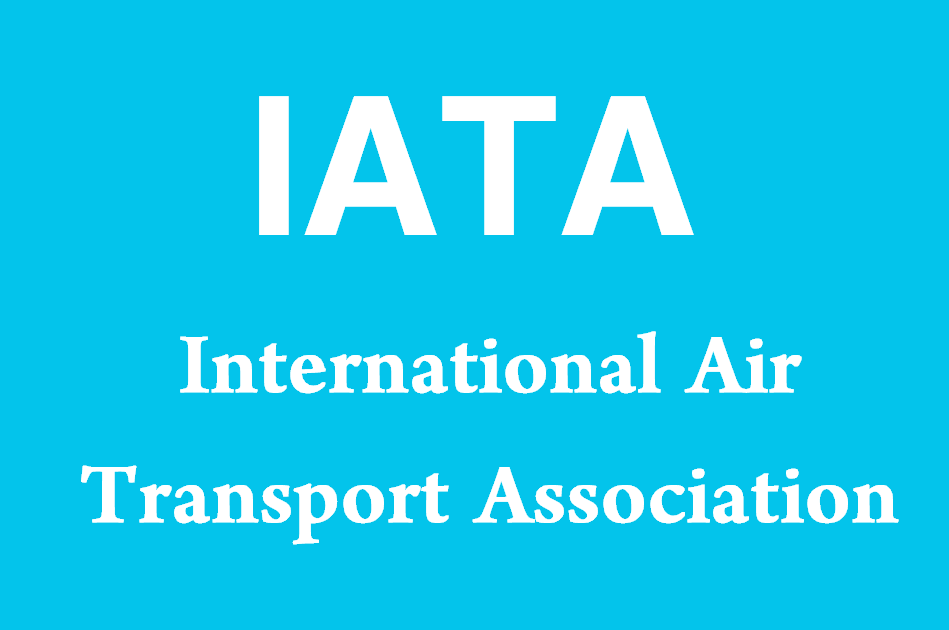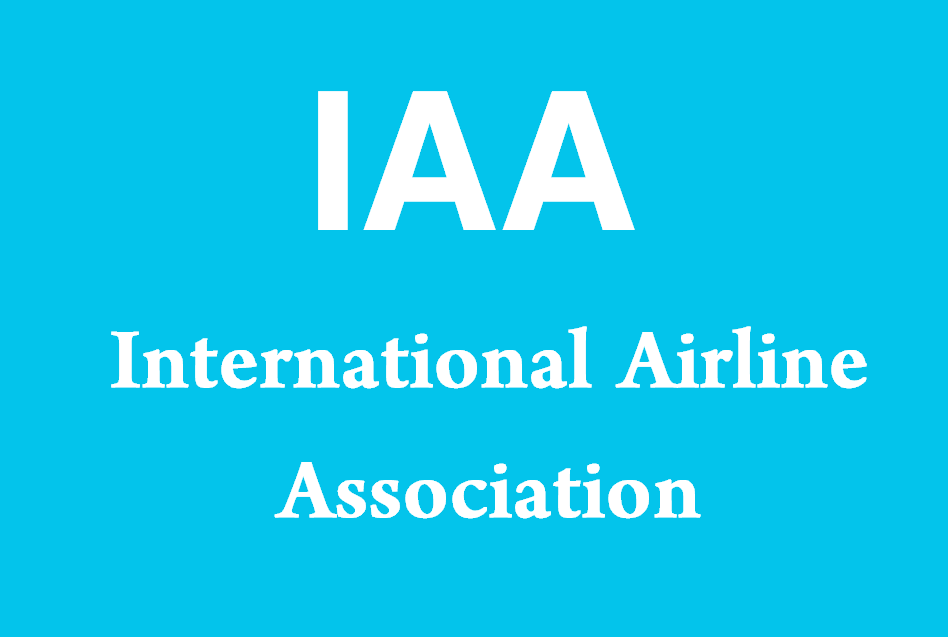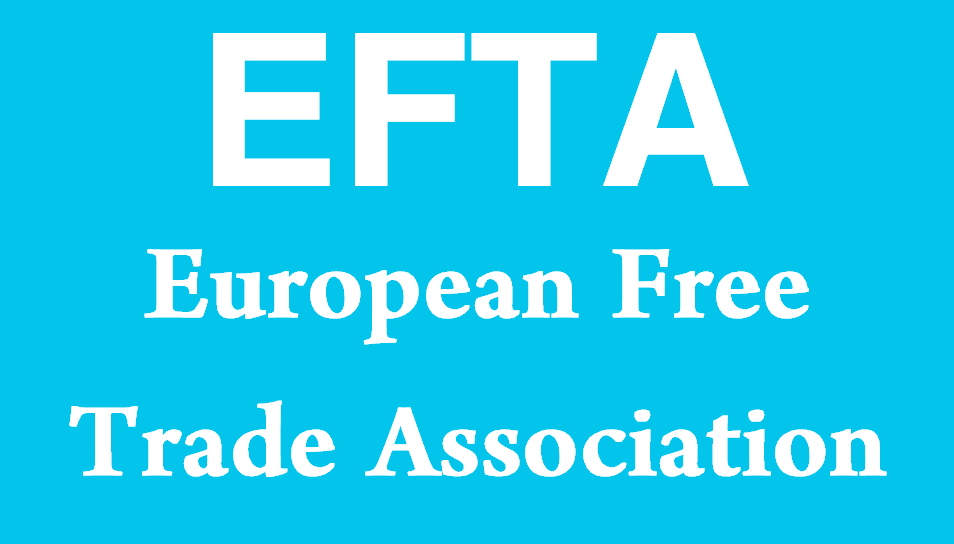What does IATA stand for
IATA stands for the International Air Transport Association, which is a global trade association representing the airline industry worldwide. Established in 1945, IATA serves as a platform for collaboration, advocacy, and standard-setting within the aviation sector. The association plays a pivotal role in promoting safety, efficiency, and sustainability in air transportation, while also addressing industry challenges, shaping regulatory policies, and facilitating global connectivity. IATA acts as a unified voice for airlines, advocating for policies and initiatives that support the growth and development of the aviation industry, as well as providing essential services, training, and operational standards to its member airlines.

Comprehensive Explanation of International Air Transport Association
The International Air Transport Association (IATA) is a leading global trade association representing the airline industry. Founded in 1945 with the aim of promoting cooperation and standardization within the aviation sector, IATA has since become a key player in shaping the policies, regulations, and practices that govern air transportation worldwide. This comprehensive explanation explores the history, structure, functions, and significance of the International Air Transport Association, elucidating its role in fostering safety, efficiency, and innovation in the aviation industry.
History and Evolution
The origins of the International Air Transport Association can be traced back to the aftermath of World War II when airlines recognized the need for a unified approach to address common challenges facing the aviation industry. In April 1945, representatives from 57 airlines gathered in Havana, Cuba, to establish IATA with the primary objectives of promoting cooperation, standardizing practices, and advocating for the interests of its member airlines. Over the decades, IATA has evolved in response to changes in the aviation landscape, technological advancements, and shifts in global geopolitics. Today, the association represents over 290 airlines from around the world, spanning both passenger and cargo operations, and continues to play a vital role in shaping the future of air transportation.
Structure and Governance
IATA operates as a membership-based organization, with airlines comprising the primary members of the association. The structure and governance of IATA include a Board of Governors, composed of senior executives from member airlines, who provide strategic direction and oversight to the association. Additionally, IATA has a Director-General and a Secretariat responsible for implementing the decisions of the Board and managing the day-to-day operations of the association. The association may also have various committees, working groups, and advisory bodies focused on specific areas such as safety, security, operations, and commercial issues, which provide expertise and guidance on industry-related matters. IATA’s governance structure ensures that the interests of member airlines are represented effectively and that the association’s activities align with the needs and priorities of the aviation industry.
Functions and Activities
The International Air Transport Association performs a wide range of functions and activities aimed at promoting the interests of its member airlines and advancing the goals of the aviation industry. These functions may include:
- Safety and Security: Ensuring the safety and security of air transportation is a top priority for IATA. The association works closely with airlines, regulatory authorities, and industry stakeholders to develop and implement safety standards, best practices, and security measures to mitigate risks and enhance the overall safety and security of the aviation system.
- Regulatory Advocacy: IATA advocates for policies, regulations, and initiatives that support the growth, efficiency, and sustainability of the aviation industry. The association engages with governments, international organizations, and regulatory bodies to influence decision-making processes and shape industry standards and practices in areas such as air traffic management, environmental sustainability, and consumer protection.
- Operational Standards: IATA develops and maintains operational standards, procedures, and guidelines for various aspects of airline operations, including flight operations, ground handling, cargo handling, and passenger services. These standards help ensure consistency, reliability, and efficiency in airline operations, facilitating interoperability and compatibility among airlines worldwide.
- Training and Education: IATA provides training, education, and professional development programs for aviation professionals, including pilots, cabin crew, ground staff, and airline managers. The association offers a wide range of courses, workshops, and certifications covering topics such as safety, security, regulatory compliance, and operational excellence, to enhance skills, knowledge, and competency within the industry.
- Industry Services: IATA offers a range of industry services and solutions to its member airlines, including financial services, data analytics, consulting, and technical assistance. These services help airlines improve operational performance, optimize revenue streams, and navigate complex business challenges in a rapidly evolving industry landscape.
Significance and Impact
The International Air Transport Association holds significant significance and exerts a considerable impact on the aviation industry, governments, and society as a whole. Some key aspects of its significance and impact include:
- Global Connectivity: IATA plays a crucial role in promoting global connectivity by facilitating air transportation services, route networks, and connectivity solutions that link destinations worldwide. The association’s efforts to promote liberalization, open skies agreements, and air transport agreements help expand route options, increase flight frequencies, and lower airfares, making air travel more accessible and affordable for passengers and shippers.
- Economic Contribution: The aviation industry, supported by IATA’s advocacy and initiatives, makes significant contributions to global economic development, trade, and tourism. Air transportation facilitates international trade, business travel, and tourism activities, driving economic growth, job creation, and prosperity in communities around the world.
- Environmental Sustainability: IATA is actively engaged in promoting environmental sustainability and addressing climate change challenges within the aviation industry. The association works with airlines, manufacturers, and other stakeholders to develop and implement initiatives to reduce carbon emissions, improve fuel efficiency, and promote the adoption of sustainable aviation fuels, contributing to the industry’s efforts to minimize its environmental footprint and mitigate climate impact.
- Consumer Protection: IATA advocates for policies and initiatives that enhance consumer protection, passenger rights, and travel experience in air transportation. The association works with airlines, governments, and consumer advocacy groups to develop and implement measures to improve transparency, fairness, and quality of service in airline operations, ensuring that passengers are treated fairly and have access to essential information and assistance during their journey.
- Technology and Innovation: IATA promotes technology adoption and innovation in air transportation, driving advancements in areas such as digitalization, automation, and artificial intelligence. The association collaborates with airlines, technology providers, and research institutions to develop and implement innovative solutions that improve safety, efficiency, and passenger experience in air travel, shaping the future of aviation industry.
Importance of IATA to Importers
The International Air Transport Association (IATA) holds significant importance for importers engaged in global trade and commerce, serving as a key enabler of air transportation services, logistics solutions, and connectivity options essential for importing goods and commodities across borders. Importers rely on IATA and its member airlines to provide reliable, efficient, and cost-effective air cargo services, ensuring timely delivery, supply chain resilience, and market access for their products. Understanding the importance of IATA to importers is crucial for optimizing logistics strategies, managing supply chain risks, and leveraging air transport solutions to meet import demand and customer expectations in a globalized marketplace.
Facilitation of Air Cargo Services
IATA plays a pivotal role in facilitating air cargo services, infrastructure, and logistics solutions that are essential for importers to efficiently transport goods from one location to another. As the trade association representing the airline industry, IATA works closely with its member airlines to optimize air cargo operations, enhance freight capacity, and improve efficiency in handling and transporting goods across international borders. Importers benefit from the association’s efforts to streamline customs procedures, cargo handling processes, and documentation requirements, which ultimately reduces transit times, minimizes delays, and ensures the smooth flow of goods from origin to destination. By leveraging the air cargo services facilitated by IATA, importers can expedite order fulfillment, minimize inventory costs, and meet customer demand for timely delivery of imported products.
Connectivity and Market Access
For importers, access to global markets is crucial for sourcing goods and commodities from diverse suppliers and meeting consumer demand. IATA enhances connectivity and market access by facilitating air transport services and route networks that link key production centers, manufacturing hubs, and consumer markets around the world. Importers rely on the extensive route networks and flight connections offered by member airlines within IATA to access a diverse range of sourcing locations, suppliers, and markets. This enables importers to optimize procurement strategies, diversify supply sources, and respond to changing market dynamics. Additionally, IATA’s advocacy for open skies agreements, air transport liberalization, and market access initiatives promotes competition, choice, and affordability in air travel, ultimately benefiting importers by expanding route options, lowering airfares, and enhancing accessibility to key import destinations.
Supply Chain Resilience and Risk Management
In today’s volatile and uncertain business environment, supply chain resilience and risk management are critical for importers to maintain operational continuity and adapt to unforeseen disruptions. IATA contributes to supply chain resilience and risk management by providing reliable air transportation solutions that mitigate risks associated with supply chain disruptions, inventory management, and transportation uncertainties. By leveraging air transport services facilitated by IATA, importers can diversify transportation modes, reduce transit times, and mitigate risks associated with congestion, port closures, and infrastructure bottlenecks. The association’s advocacy for aviation safety, security, and operational excellence enhances confidence in air cargo services, providing importers with a reliable and resilient logistics option for transporting time-sensitive or high-value goods across borders. Importers can collaborate with member airlines within IATA to develop contingency plans, risk mitigation strategies, and alternative routing options to safeguard supply chain continuity and minimize the impact of disruptions on import operations.
Trade Facilitation and Regulatory Compliance
Navigating complex customs procedures, trade regulations, and documentation requirements can be challenging for importers engaged in cross-border trade. IATA promotes trade facilitation and regulatory compliance by advocating for harmonized customs procedures, trade regulations, and documentation standards that streamline cross-border trade and facilitate the movement of goods by air. The association engages with governments, international organizations, and regulatory bodies to promote simplified customs clearance processes, standardized documentation requirements, and electronic trade facilitation initiatives that expedite cargo clearance and reduce administrative burdens. IATA’s efforts to promote industry best practices, standards, and guidelines for cargo security, customs compliance, and trade facilitation enhance the efficiency, transparency, and predictability of import procedures, enabling importers to navigate regulatory complexities and ensure compliance with import regulations and requirements. Importers can benefit from IATA’s resources, guidance, and advocacy on trade facilitation matters to optimize import processes, minimize clearance delays, and enhance supply chain efficiency in cross-border trade transactions.
Innovation and Technology Adoption
Innovation and technology adoption are increasingly becoming imperative for importers to enhance supply chain visibility, agility, and competitiveness in today’s digital economy. IATA fosters innovation and technology adoption in air transportation, offering importers access to advanced cargo handling, tracking, and monitoring solutions that improve visibility, traceability, and control over imported goods throughout the supply chain. The association collaborates with airlines, technology providers, and research institutions to develop and implement innovative solutions that address emerging challenges and opportunities in air cargo operations. By leveraging IATA’s initiatives to promote e-freight, paperless documentation, and digital platforms for cargo booking, tracking, and payments, importers can streamline import processes, reduce paperwork, and accelerate cargo flows, benefiting from improved operational efficiency and reduced logistics costs. Importers can also leverage IATA’s training and education programs to upskill their workforce and harness the potential of emerging technologies such as IoT sensors, blockchain, and AI to optimize supply chain operations, enhance customer service, and drive business growth.
Sample Sentences with the Acronym “IATA” and Their Meanings
- The IATA code for Paris Charles de Gaulle Airport is CDG, which is widely used by airlines and travel agents to identify the airport in flight reservations and ticketing systems.
- Meaning: The International Air Transport Association (IATA) assigns unique three-letter codes to airports worldwide, with the IATA code for Paris Charles de Gaulle Airport being CDG, commonly used by airlines and travel agents for flight reservations and ticketing purposes.
- Our company adheres to IATA’s Dangerous Goods Regulations (DGR) to ensure safe and compliant handling of hazardous materials and substances during air transportation.
- Meaning: Our company follows the guidelines and regulations outlined in the International Air Transport Association’s (IATA) Dangerous Goods Regulations (DGR) to maintain safety and compliance standards in handling hazardous materials and substances during air transport operations.
- IATA’s initiatives for electronic air waybill (e-AWB) adoption have significantly streamlined air cargo processes, reducing paperwork, errors, and transit times in international shipments.
- Meaning: The International Air Transport Association’s (IATA) efforts to promote electronic air waybill (e-AWB) adoption have led to substantial improvements in air cargo operations, including the reduction of paperwork, errors, and transit times in international shipments.
- Our airline is a proud member of IATA, which allows us to access a wide range of industry resources, services, and expertise to enhance our operational efficiency and competitiveness in the global market.
- Meaning: Being a member of the International Air Transport Association (IATA) provides our airline with access to diverse industry resources, services, and expertise that help improve our operational efficiency and competitiveness in the global aviation market.
- IATA’s global distribution system (GDS) enables travel agents to access real-time flight schedules, availability, and fares from multiple airlines, facilitating efficient booking and reservation processes for travelers worldwide.
- Meaning: The International Air Transport Association’s (IATA) global distribution system (GDS) allows travel agents to access up-to-date information on flight schedules, seat availability, and fares offered by various airlines, simplifying the booking and reservation process for travelers across the globe.
Other Meanings of “IATA”
| Acronym | Meaning |
|---|---|
| IATA | International Air Transport Association |
| IATA | International Association of Tour Managers |
| IATA | International Academy of Travel Agents |
| IATA | International Airline Ticket Agency |
| IATA | Inter American Technical Assistance Institute |
| IATA | International Association for the Turbine Area |
| IATA | Intergovernmental Authority on Technology Applications |






